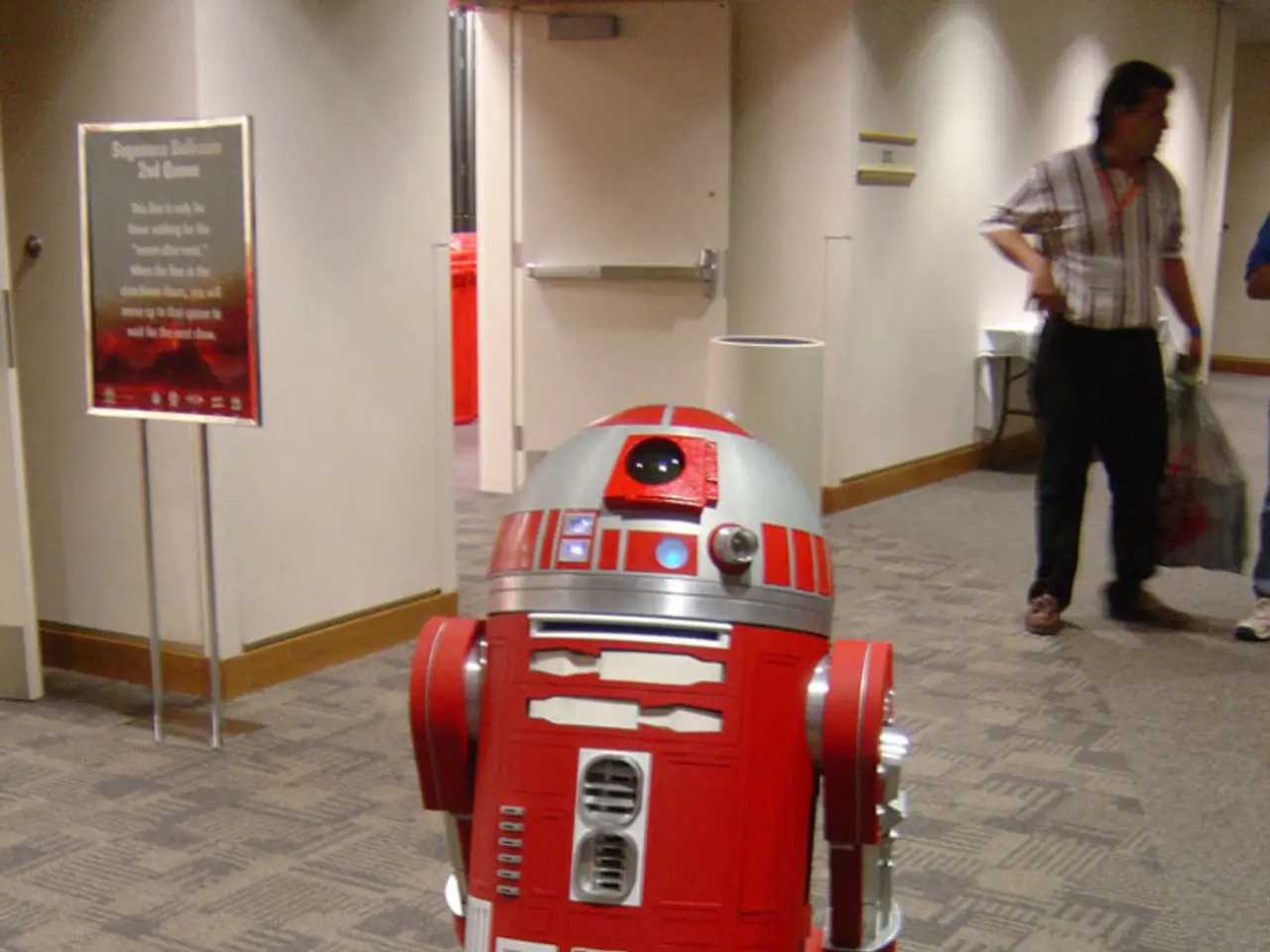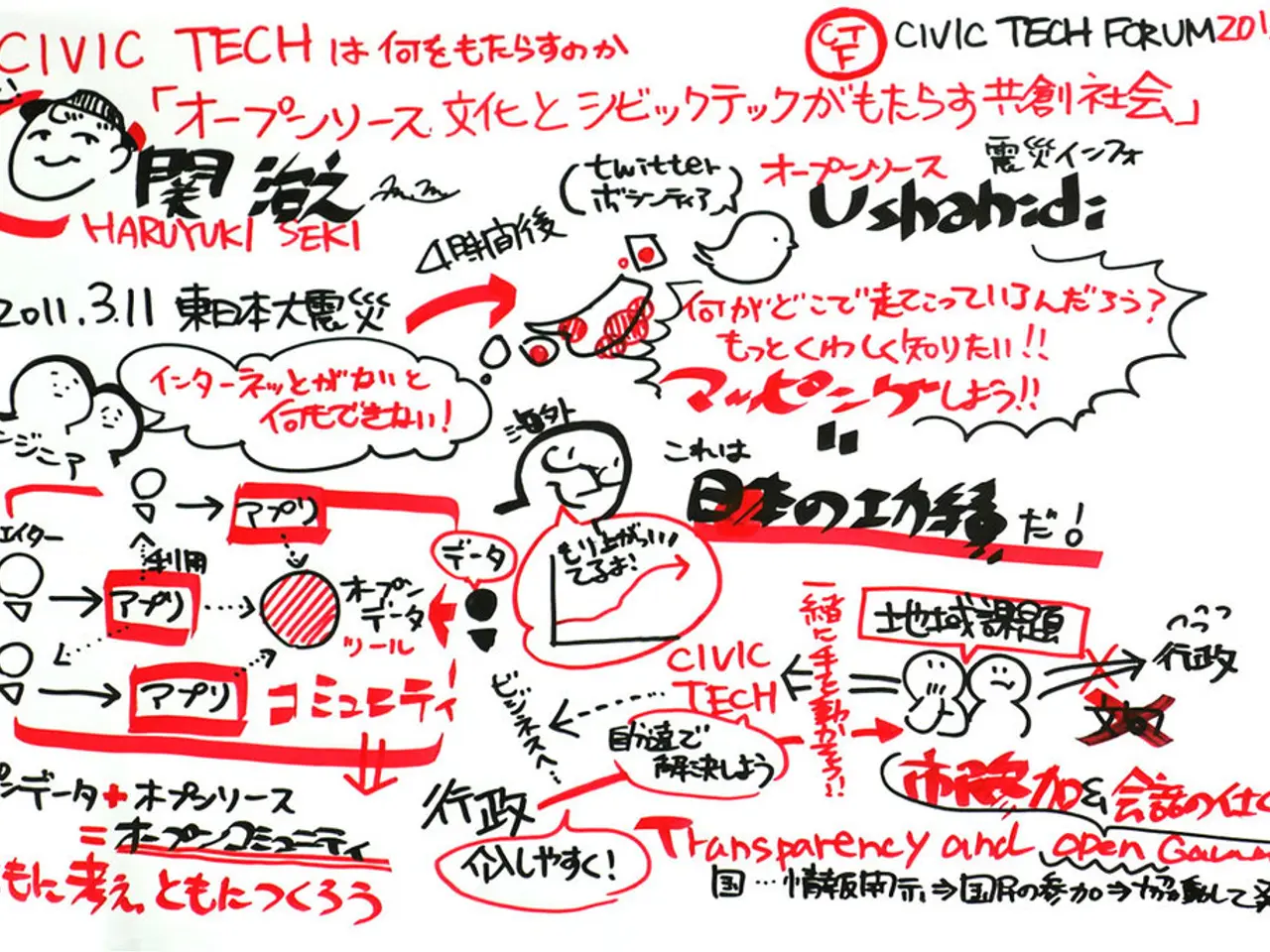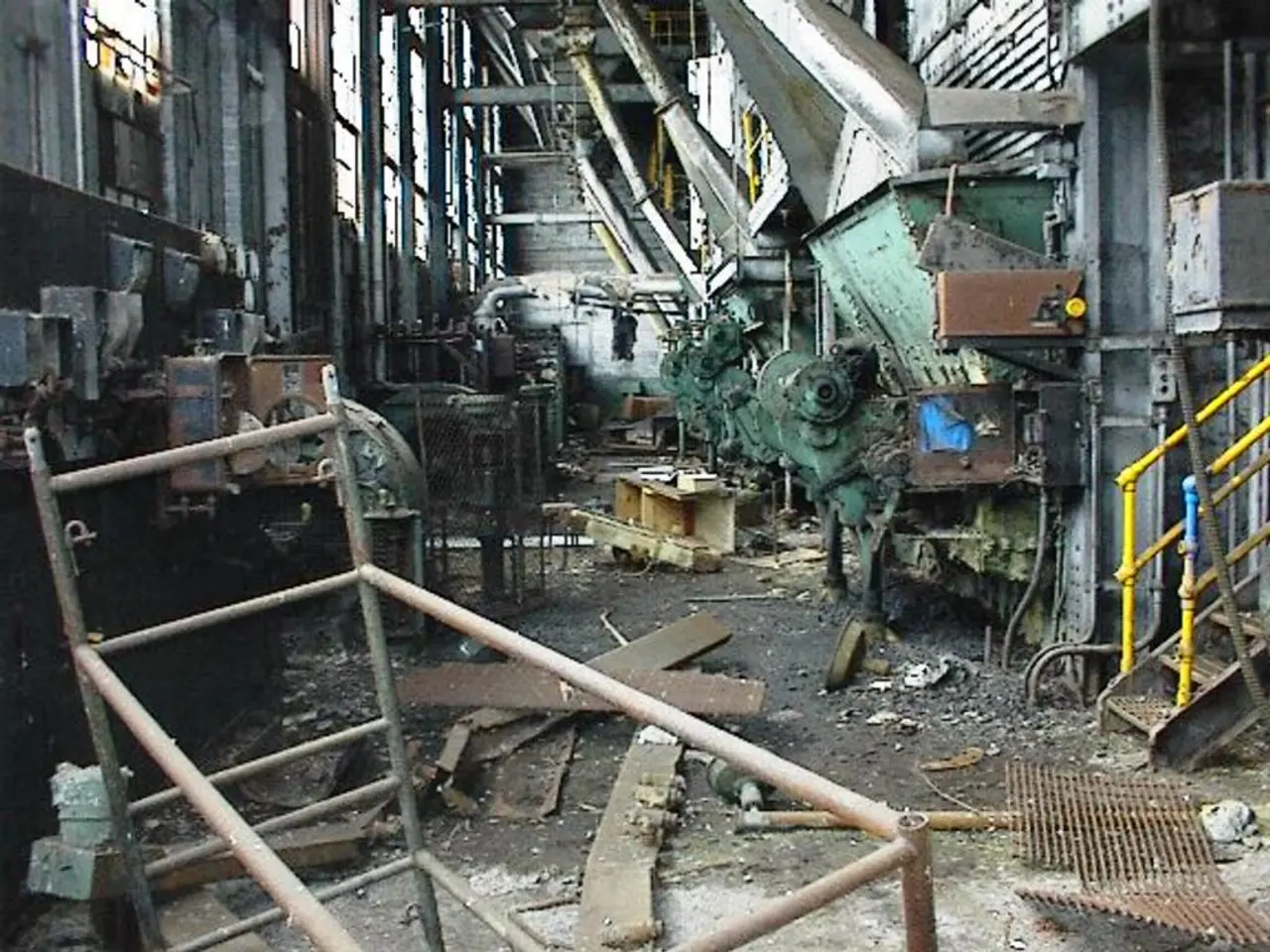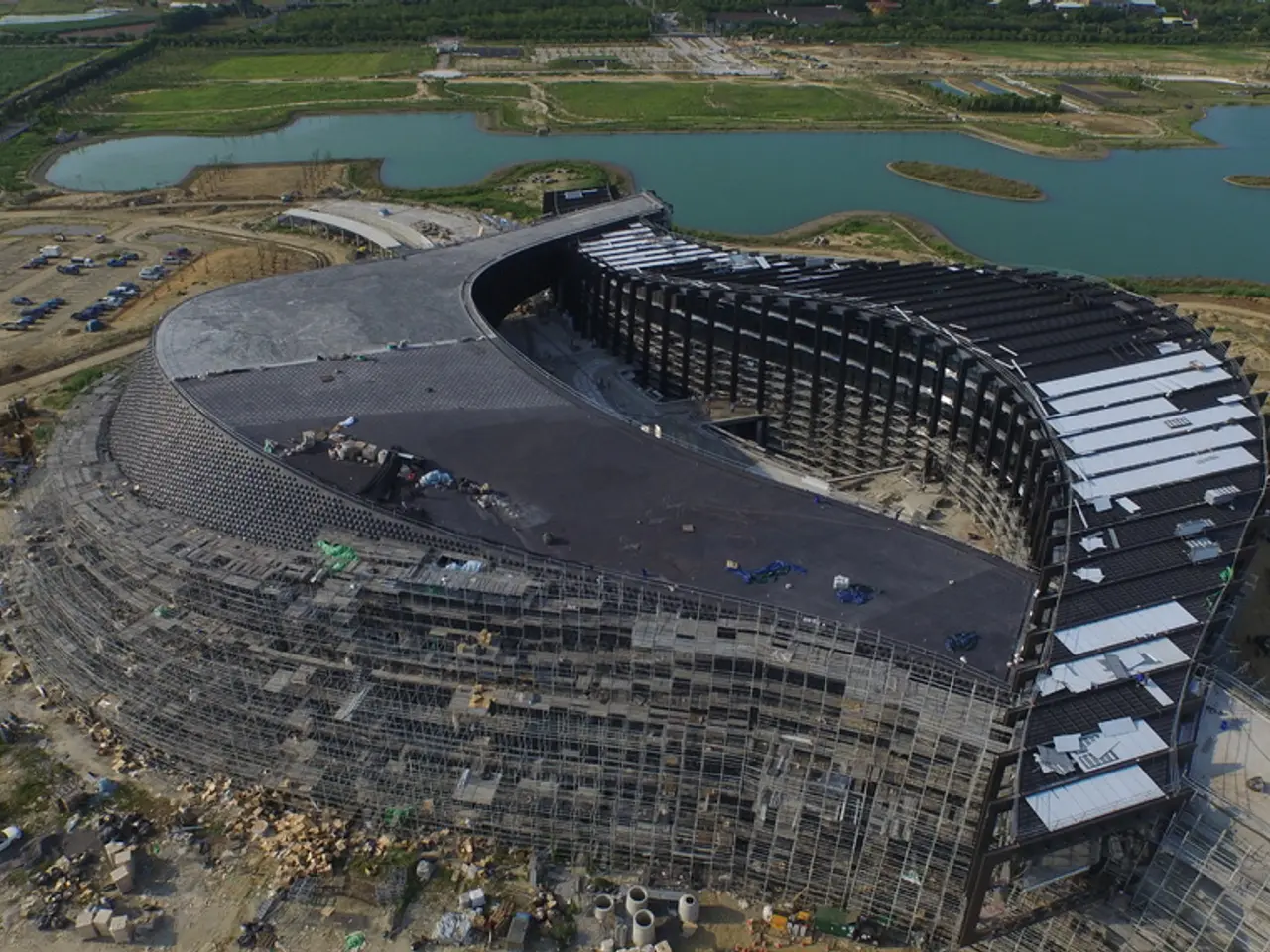Essential Moment for Creating Multi-Agent Systems: Reasons and Timeline Explored
In the realm of modern technology, Multi-Agent Systems (MAS) have emerged as a key architectural pattern, transforming from an academic curiosity into a vital tool for addressing today's intricate, interconnected challenges.
MAS are particularly effective when collaboration is essential among autonomous pieces, such as self-driving vehicles or scientists in a global project like the Large Hadron Collider. They are also beneficial in scenarios where scalability and robustness are paramount, like content delivery, online gaming, and telecom networks.
At the heart of MAS is a computational framework where autonomous agents, each with the ability to perceive, reason, and act, collaborate or compete with one another within a common environment. These agents engage in communication, resource negotiation, conflict resolution, and dynamic coordination of actions towards objectives.
Key characteristics of MAS include autonomy, decentralization, interaction & communication, and emergent behavior. MAS agents communicate through direct messages, shared data spaces, publish-subscribe models, and coordination mechanisms like auctions, bidding for tasks, or consensus agreements.
One of the advantages of MAS is their ability to create domain-specific agents, leading to higher precision. These agents, specialized in specific domains, process only relevant inputs and learn from a narrower scope of scenarios, making them up to 37.6% more precise than generalist AI agents for their tasks.
MAS are designed to scale and evolve without requiring a complete rebuild. New agents can be added easily, allowing the system to adapt and expand its capabilities as needed. They are particularly suited for dynamic and uncertain environments, where they can adapt and learn from interactions with other agents and the environment.
Each agent operates independently, allowing for localized testing, debugging, and maintenance without disrupting the entire system. If one agent fails, others can continue to function and even compensate for the failure, ensuring resilience and minimizing downtime.
MAS can achieve a 40-60% efficiency gain in processes due to their ability to handle complex tasks and adapt quickly to changing conditions. Agents can make decisions autonomously, respond faster than humans, and work continuously without interruption, enhancing overall productivity.
MAS can automate workflows that require judgment, prioritization, and problem-solving, often faster than human capabilities. They can model different parties with their own goals and constraints for complex negotiations, like during mergers or acquisitions.
Emergent behavior in MAS refers to complex intelligent behavior that emerges from the agent's interactions, not explicitly programmed into agents. MAS help systems stay nimble in the face of dynamic change, adapting quickly to strategies, shifting resources, and responding to threats, all on the fly.
Building MAS presents challenges like coordination complexity, debugging difficulties, emergence issues, communication bottlenecks, security concerns, testing and validation difficulties, and tuning performance. However, the benefits of MAS in conquering unprecedented complexity, providing hyper-efficiency and resilience, unleashing the power of distributed data & IoT, and dealing with dynamic and uncertain environments make them an essential tool in modern technology.
[1] - Source for precision claim [2] - Source for scalability and dynamic environments claims [3] - Source for maintenance, fault tolerance, efficiency gains, and autonomy claims [4] - Source for decision-making and problem-solving claims [5] - Source for resilience claim
Artificial Intelligence (AI), particularly Machine Learning (ML), plays a crucial role in the development of Multi-Agent Systems (MAS), as AI provides the necessary capabilities for creating autonomous agents that can perceive, reason, and act. The data analytics gathered from these AI-powered agents allows for better understanding and improvement of MAS.
MAS, designed with AI at its core, show significant potential in various fields, such as content delivery, online gaming, and telecom networks, where scalability, robustness, and the ability to handle complex tasks are paramount. This fusion of AI, machine learning, and data analytics in MAS technology promises to unlock new realms of efficiency and resilience.
[1], [2], [3], [4], [5]




